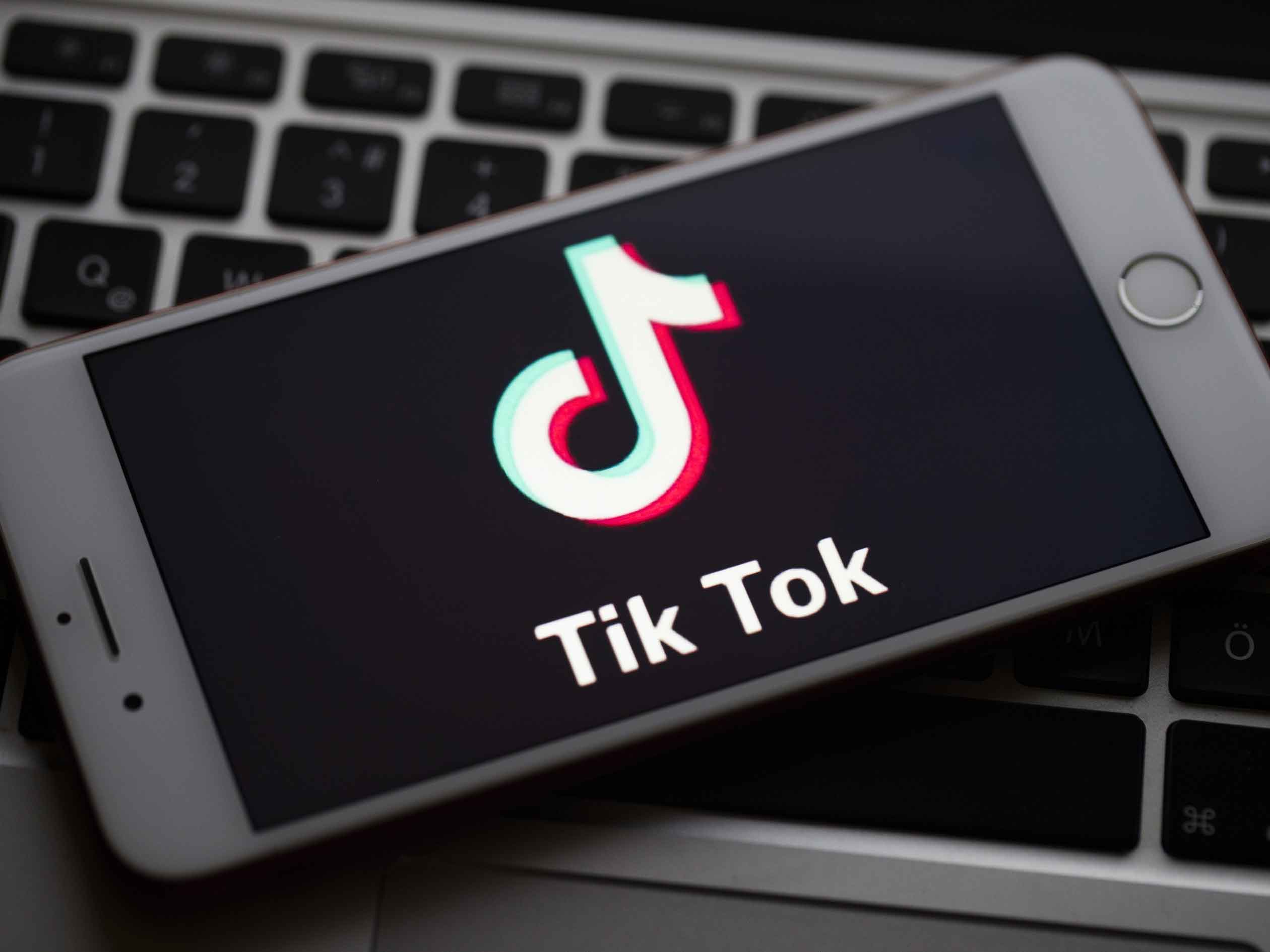TikTok told moderators to suppress posts by the ‘ugly, poor and disabled’
In internal documents, the creators of video-sharing service TikTok told moderators to avoid promoting posts by users with “ugly facial looks” and other “low-quality” traits

TikTok spokesperson Josh Gartner said the content-suppression guidelines “are either no longer in use, or in some cases appear to never have been in place”, and were aimed at preventing bullying
The short-video app TikTok told its moderators to stifle posts by unattractive, poor or disabled users, according to internal documents uncovered by The Intercept and published on 16 March 2020. It is the latest controversy to hit the Chinese social media platform, which is one of the fastest-growing apps in the world.
The internal documents outline how moderators should select posts for the ‘For You’ feed, where content is pushed out to a vast audience based on secret criteria. Moderators were explicitly told to avoid promoting content from users with an “abnormal body shape (not limited to: dwarf, acromegaly)”, “ugly facial looks”, “eye disorders” and other traits deemed “low quality”. In addition, TikTok warned against posts featuring “shabby” environments such as “slums” and “dilapidated housing”. The Intercept also revealed that moderators were told to censor political speech in livestreams and ban users whose comments could harm “national honour”.
Moderators were explicitly told to avoid promoting content from users with an “abnormal body shape (not limited to: dwarf, acromegaly)” and other traits deemed “low quality”
The Intercept reached out to TikTok spokesperson Josh Gartner, who said the guidelines in question “are either no longer in use, or in some cases appear to never have been in place”. However, Gartner failed to provide specifics. He also mentioned that the guidelines were initially aimed at “preventing bullying”, although no mention of bullying is made in the documents.
This is not the first time the platform has been found to censor certain users. In December 2019, it was revealed that TikTok had limited the reach of LGBTQ, disabled or overweight users, no matter what their content was. Once again, it claimed that this was to protect the vulnerable members of the TikTok community.
For the US and other western markets, TikTok presents a unique challenge. With over one billion downloads, its international success is unprecedented for a Chinese-made app. However, the platform’s apparent readiness to censor its users is out of line with western values. The tech giant could face greater scrutiny and tighter regulation if reports of this nature continue to emerge.













